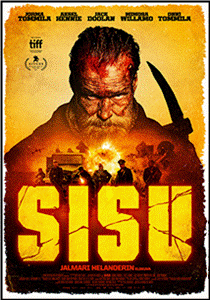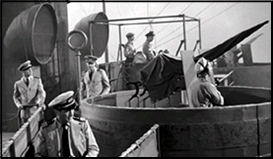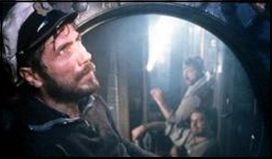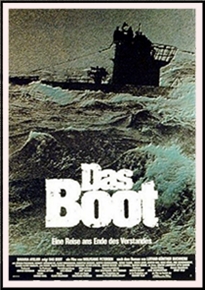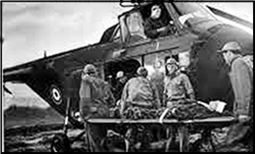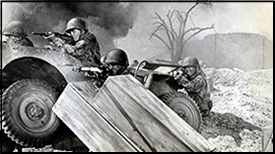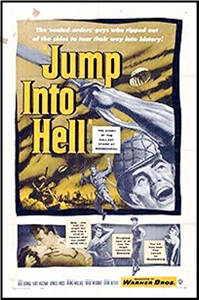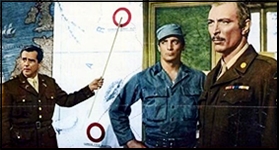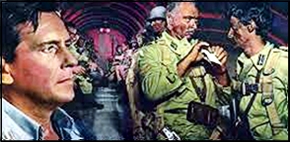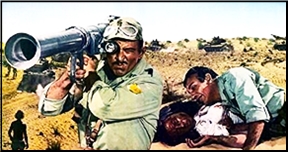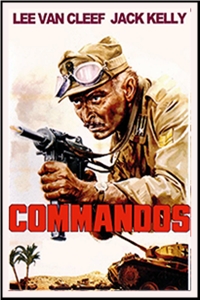Tue 23 Sep 2025
SISU. Finnish, 2022. Jorma Tommila, Aksel Hennie, Jack Doolin. Written and directed by Jalmari Helander.
A top-notch, gritty, down-and-dirty action film — mostly.
Sisu opens in 1944 as the Germans are being driven out of Finland in a scorched-earth retreat, destroying roads, bridges, farms, villages… well, pretty much everything and anyone in their path.
Far away from all this, Aatami (Tommila) a Finnish ex-commando has shrugged off the war and gone prospecting, He strikes gold, loads up his riches, and heads back to Civilization, only to find Civilization ain’t what it used to was, and getting there won’t be no picnic neither. He’s stopped by retreating German soldiers determined to kill him and take his gold. He fights back and….
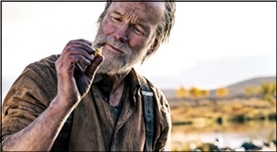
…and that’s pretty much the plot here, folks: the Nazis chase, shoot, stab, drown, and hang Aatami, and eventually get his gold. Then he chases, shoots, stabs, etc. the Nazis to get his gold back.
To his credit, writer/director Helander keeps this grim enough to be almost not-unbelievable. Everyone in the movie is dirty, unshaven, lean and hungry. When Aatami gets wounded, he screams and bleeds convincingly, and when the bad guys get killed, it’s done with a seriousness that lends a certain significance to their brief moment of screen time and carries Sisu well beyond the sort of thing Tom Cruise does. Until…
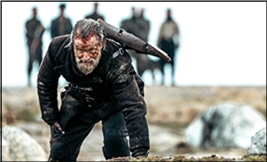
About fifteen minutes before the end credits scroll, someone decided to nuke the fridge, and about the time Aatami hitches a ride on the belly of an aging bomber plane, hanging on the handle of his miner’s pick, I began to feel a twinge of Damn Silliness. And when he emerges from a particularly explosive event, scathed but game, I could almost hear ghostly echoes of the theme from Mission Improbable in the not-too-distant distance.
But maybe I’m expecting too much. Sisu is just a movie, after all. ’Tain’t like it was an actual War, nor anything else to take seriously. It’s a fun movie, too, and one that does a capable job of entertaining a public raised on bread and circuses. But for a while there, it’s a film to be taken seriously, and enjoyed on a more mature level. And I kind of miss the movie they didn’t make of this.
